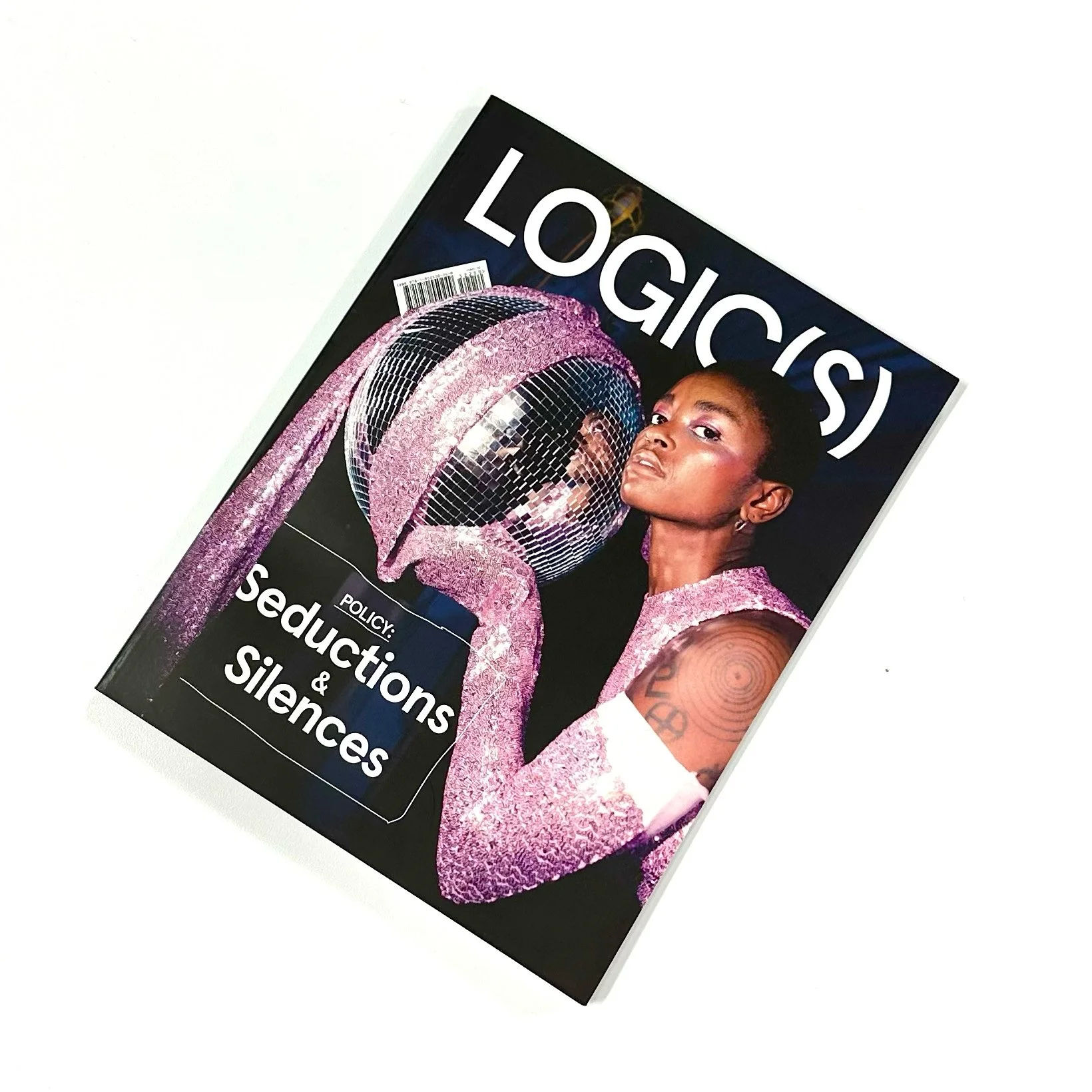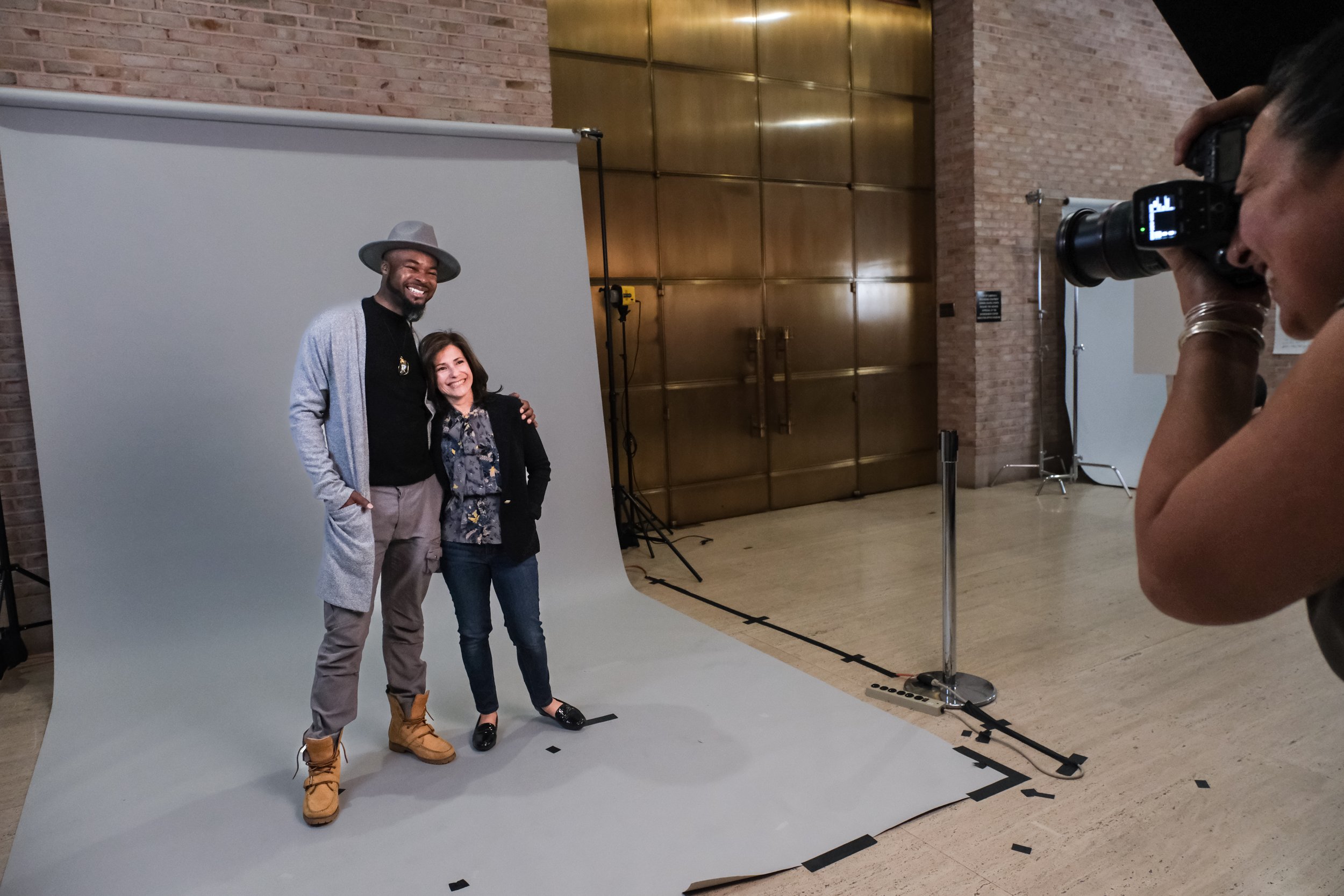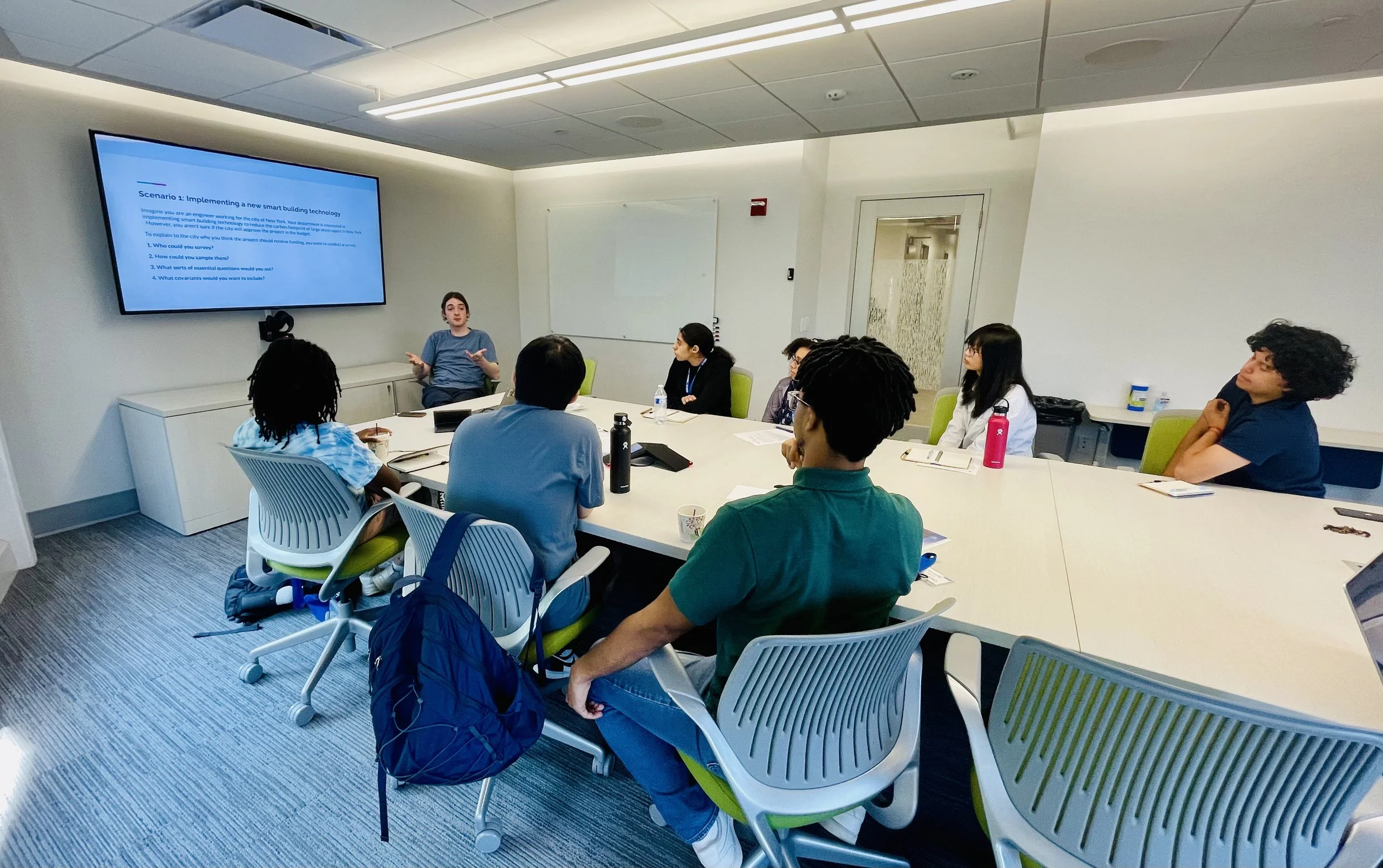Building the United States' first archive to center the political ideas and movement-building of incarcerated individuals.
Angela Davis at her first news conference after being released on bail in February 1972. Photo by Bettmann via Getty Images.
Due to the persistent, systemic criminalization of Black, Latinx, Indigenous, Queer, and low-income communities, the United States currently holds the highest total number of incarcerated people anywhere in the world. But where there is oppression, there is also resistance — diverse organizers, activists, artists, and other cultural workers have worked tirelessly to elucidate the origins and consequences of the injustices of mass incarceration. Their movements have permanently shifted public discourse around mass incarceration and provide a vision for possible futures beyond the status-quo fixtures of prisons and policing. Now, it is time to center those with the embodied experiences of these struggles.
That is why Incite is proud to announce that the Mellon Foundation has awarded a $1.7 million grant through its Imagining Freedom Initiative to support the Movements Against Mass Incarceration Lab, a new project devoted to documenting and elevating the lived experiences, political movements, and freedom dreams of incarcerated people, their families, and allies. This three-year grant will enable a first-of-its-kind archive of 200 oral history interviews with incarcerated and formerly incarcerated people and their allies, each highlighting the political ideas, art, and movement building of incarcerated people. For our participants, we will then support and invest in their storytelling practices—whether audio production, visual media or film, writing, music, and beyond—so that they tell their stories on their terms.
“What incarcerated organizers and cultural workers share is a mutual set of practices that refuse the logics of prison and that transform the time and labor that prison attempts to extract into something else,” said David J. Knight, PhD, principal investigator and founding director of the project. “The Movements Against Mass Incarceration Lab aims to document this powerful alchemy so that the public better understands the political work and transformative contributions of incarcerated organizers, activists, and artists — what they struggled for, the networks they built, as well as the political art and movements they birthed.”
Incarcerated men at Attica Prison Raising Fists in Unison During Rebellion. Photo by Bettmann via Getty Images.
The archive centers the political visions and freedom organizing of incarcerated people by working with five grassroots organizations across the country—in Chicago, across Alabama, New York City, Oakland/San Francisco, and Atlanta. Partner organizations will each offer leadership and guidance on the content, facilitation, and distribution of the oral histories in their specific locales.
While the Movements Lab will be situated at Incite at Columbia University, the archive itself will be accessible for the public through partnerships with archives in these five communities, thereby democratizing the production of and accessibility to knowledge. This hyper local approach will center those with the lived experiences of this work, leaning on their expertise.
“We are honored and grateful for the opportunity to partner and to set this project ablaze with the work and perspectives of Abolitionist movements like ours. We as justice impacted people have been invisibilized. Our work, our stories, our creativity, our rights, our opportunities and much more. This project will serve as a rite of passage for us to the world. It is The Blackprint to Liberation. We must always preserve the journey of liberation, especially of justice-impacted visionaries. No one is free until we all are free!” said Denise Ruben, Co-founder and Deputy Director of Atlanta-based Barred Business, a partner organization of the Movements Lab.
Other social-change partners share the same sentiment. The Movements Lab oral history project is important “if we do not tell our own stories they face the danger of being written out of the historical narrative. We are the ones who are best able to tell our stories,”said Aislinn Pulley, director of the Chicago Torture Justice Center. “Documenting the experiences of survivors provides a deeper insight into how state violence against Black and brown people is waged during the time in which we live which is era of mass incarceration. This documenting pulls back the propaganda of the "war on drugs and hard on crime" mantras and instead reveals the traumatic violence inflicted upon our people."
“By archiving these stories, the Movements Against Mass Incarceration Oral History Project ensures that future generations can learn from the struggles to end mass incarceration, understand the challenges overcome, and continue the fight for justice and equality,” said Romarilyn Ralston, a long-time organizer with the California Coalition for Women Prisoners.
Aiyuba Thomas—whose work stands at the intersection of community building and education in marginalized and disenfranchised communities, most recently working as a researcher at the New York University Center for Disability, and the Department of Social and Cultural Analysis and Prison Education Program—will serve as Project Manager.
In addition, the project will support Social Change Fellows, who will lead aspects of the oral history work and create works using their own lived experience and material from the archive to speak to the long legacy of resistance against mass incarceration. The project’s first Social Change Fellow is Renaldo Hudson, an educator and community organizer whose work focuses on ending perpetual punishment in Illinois. Renaldo survived 37 years of incarceration, about half of which on death row, in the Illinois Department of Corrections. During that time, he founded groundbreaking programs including the prison-newspaper Stateville Speaks and the Building Block Program, a transformational program run by incarcerated people within the Illinois prison system.
As a Social Change Fellow, Renaldo leads a project focused on the movement to end the death penalty in Illinois as told by those directly impacted by it. That project is a collaboration between Renaldo, the Movements Lab, and the Chicago-based social-change multimedia collective Soapbox Productions and Organizing. “The oral histories of the movements that happened in prison are vitally important because these histories will not be heard if spaces are not created for them to be told,” said Renaldo. “So now that we are able to create these spaces, it’s our duty to enable the telling of these histories from the people who lived in those moments. Our documentary offers a raw and authentic look at the realities of death row from the voices of those who have been directly impacted by its existence, such that we are leading the conversation rather than being passive observers."
Incarcerated mothers visit with their families at a Christmas party at Rikers Island. Photo by Viviane Moos/CORBIS/Corbis via Getty Images.
“Working with the Movement Lab, we hope to further demonstrate the power of community organizing amongst a broad and dynamic group of women through a Network Mapping Project,” said Michelle Daniel Jones, a justice impacted collaborator with Women Transcending, a project of The Center for Justice at Columbia University that focuses on the impact of the mass incarceration system on women and girls, emphasizing women's crucial roles in driving change within these systems. One of the Movements Lab’s partner organizations, Women Transcending is conducting an oral history of the creation of the College Program at the Bedford Hills Correctional Facility. Michelle along with a group of women in Women Transcending are dedicated to documenting, preserving, and raising up the history of leadership and community organizing efforts of incarcerated, formerly incarcerated, and directly impacted women in the context of mass incarceration.
This work reflects Incite’s investment in socially engaged oral history and public history work that uplifts all forms of expertise. The Movements Against Mass Incarceration Lab ensures not just the preservation of the past, but also the continued inspiration and activation of activists and communities of the present and future.
“This is a reflection of our ongoing commitment to socially engaged work that centers expertise where it resides,” said Michael Falco, Incite Executive Director and co-investigator on the project. “The Movements Lab isn’t just a repository that draws these experiences together, it is a project investing deeply in communities to help share their histories on their terms, to build ties across these movements, and to support the telling of these stories through exciting new modes.”








































